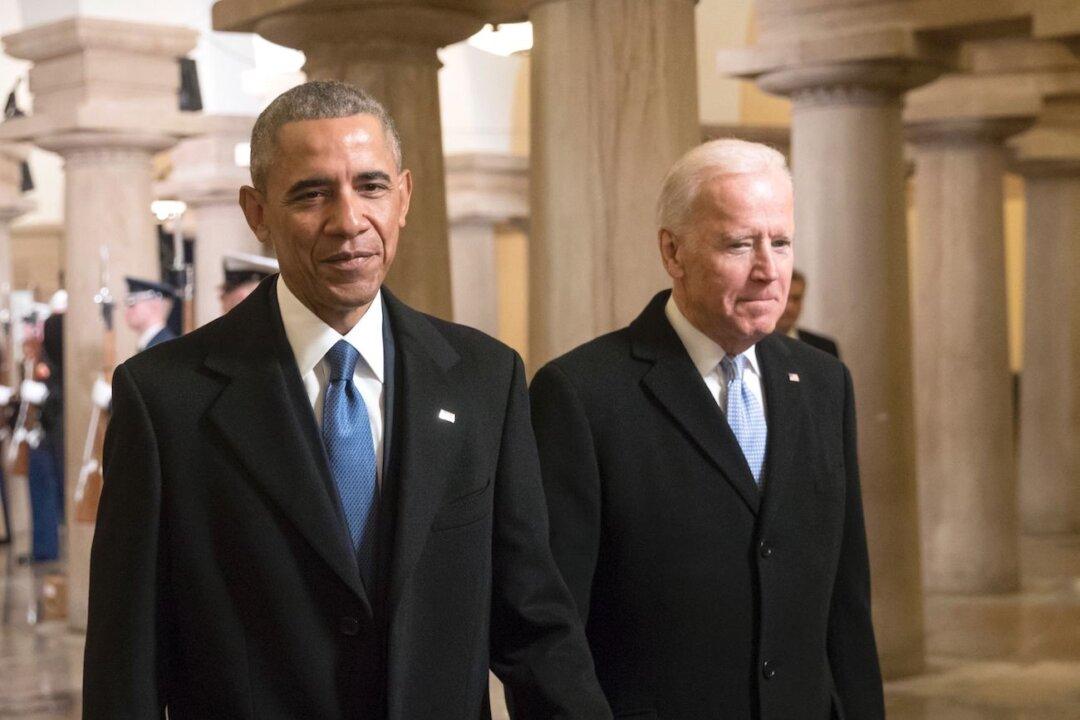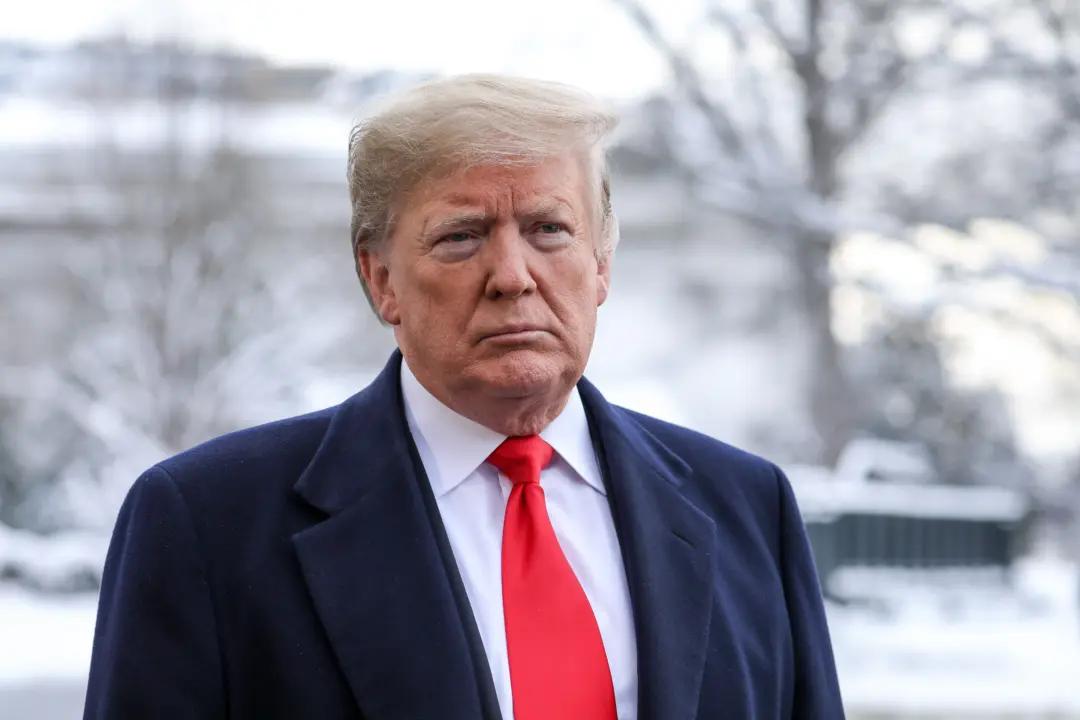Commentary
The tragic killing of two U.S. citizens this week in the border town of Matamoros, Mexico, should, in a just world, refocus American attention on the glaring problem of transnational drug cartels’ de facto control of large swaths of our perilously porous southern border. That the two Americans killed may have been mistaken by warring cartel clans for Haitian drug smugglers, as The Dallas Morning News reported, hardly ameliorates the awful situation or lessens our imperative to recalibrate attention away from faraway proxy wars of dubious national interest, and toward the very monsters in our own backyard who run the Western hemisphere’s worst human trafficking rings and flood the U.S. interior with the most lethal drugs known to man.





